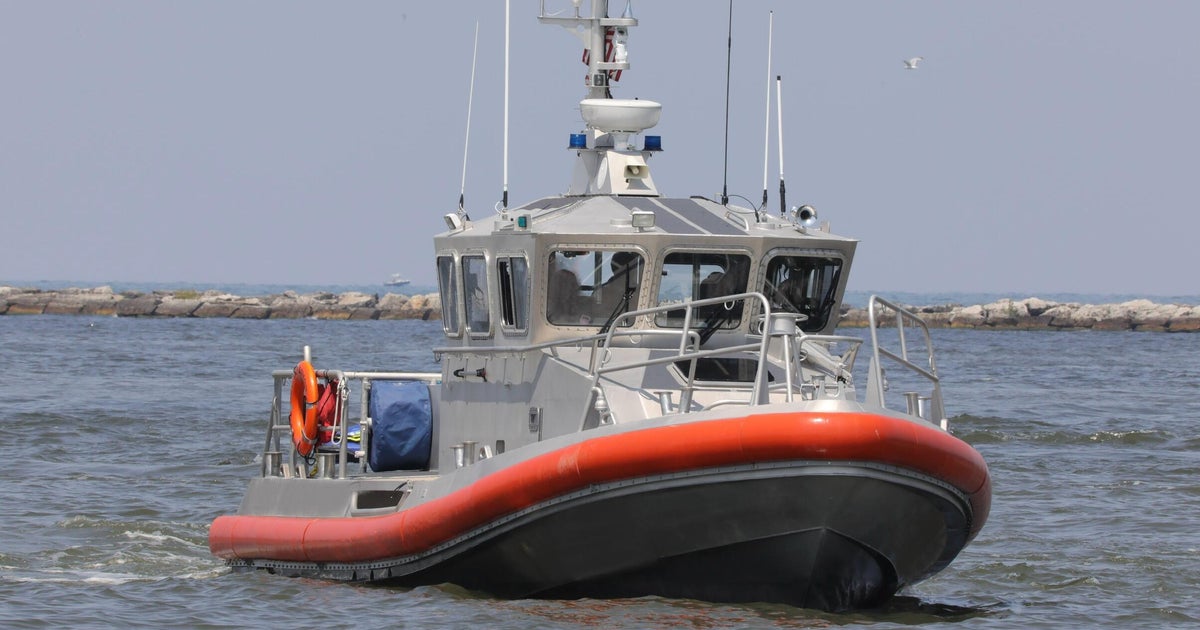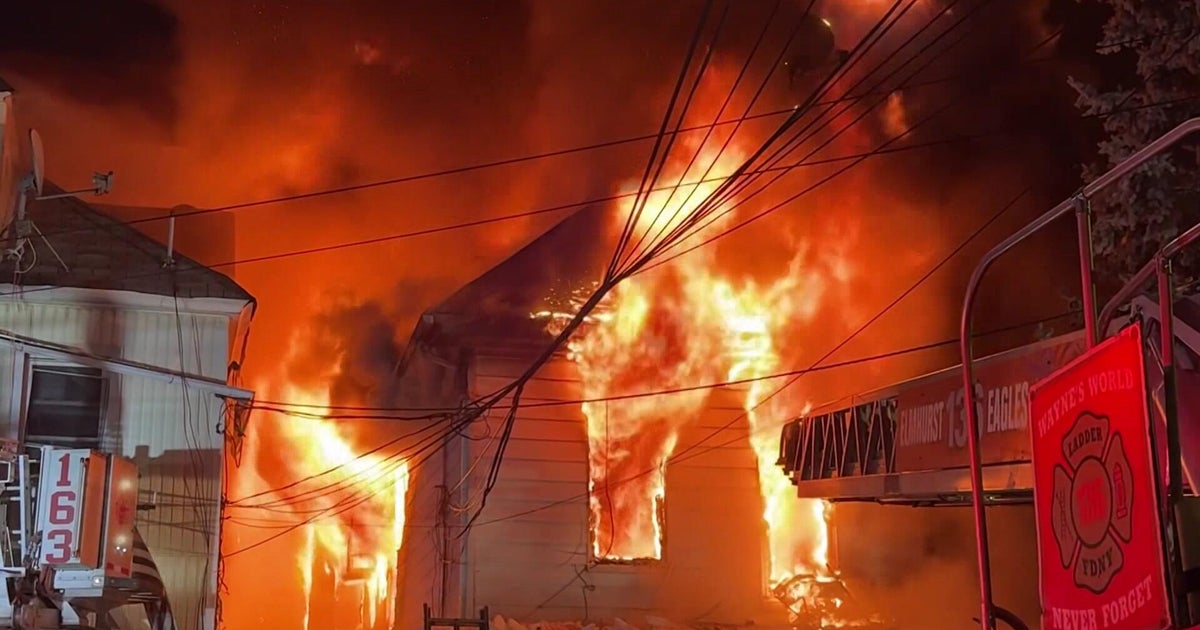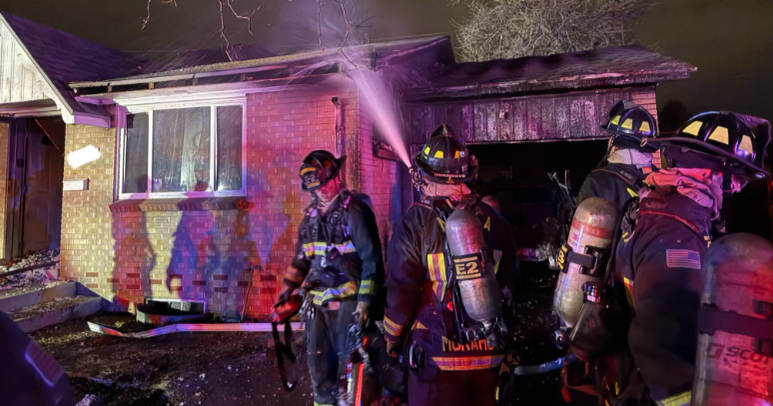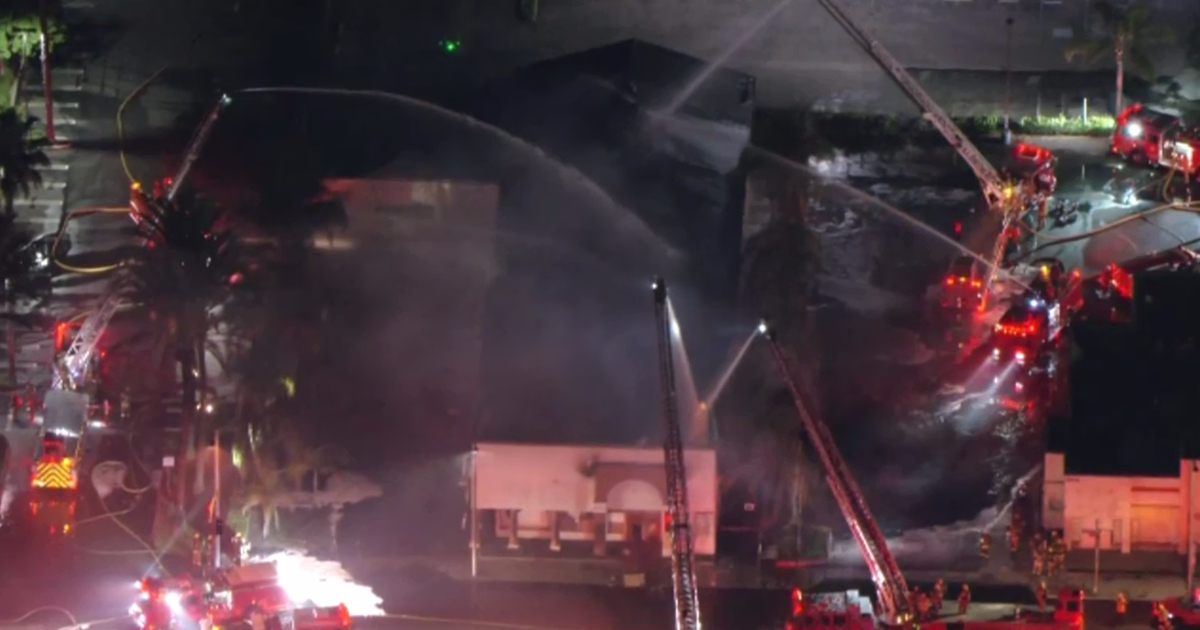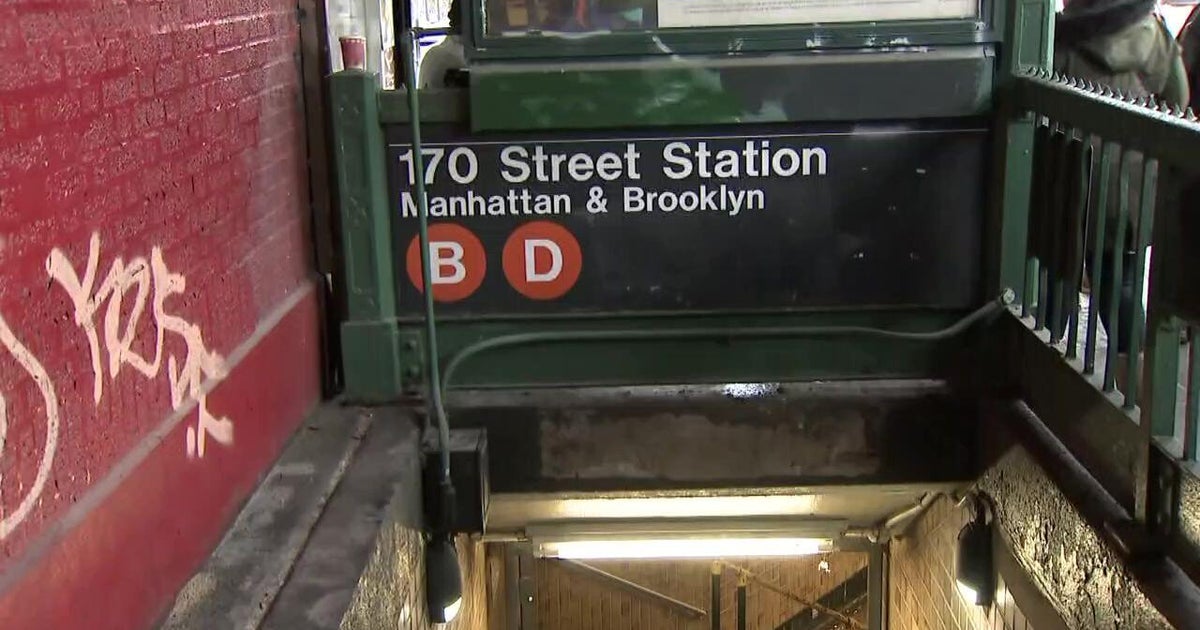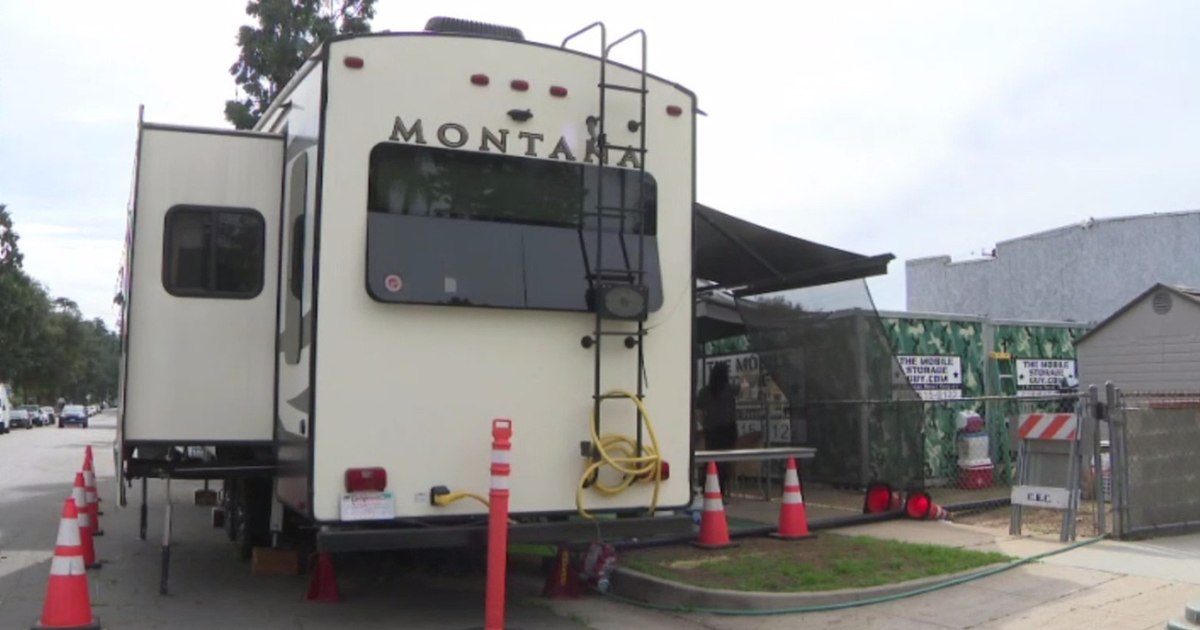Sheen on Water After Oil Platform Explodes Off LA. Coast
NEW ORLEANS, La. (AP) _ An oil platform exploded and caught fire Thursday off the Louisiana coast, spreading a mile-long oil sheen into the Gulf of Mexico. All 13 crew members were rescued from the water in their protective "Gumby suits."
It was the second such disaster in the gulf in less than five months. Coast Guard Petty Officer Bill Coklough said the sheen, about 100 feet wide, was spotted near the platform, 200 miles west of the site of BP's massive spill. Firefighting vessels were battling the flames.
The company that owns the platform, Houston-based Mariner Energy, did not know what caused the blast, which was reported by a helicopter flying over the area. Seven Coast Guard helicopters, two airplanes and three cutters were dispatched to the scene.
Louisiana Gov. Bobby Jindal said Mariner officials told him there were seven active production wells on the platform, and they were shut down shortly after the fire broke out.
Photos from the scene showed at least five ships floating near the platform. Three of them were shooting great plumes of water onto the machinery. Light smoke could be seen drifting across the deep blue waters of the gulf.
The platform is in about 340 feet of water and about 100 miles south of Louisiana's Vermilion Bay. Its location is considered shallow water, much less than the approximately 5,000 feet where BP's well spewed oil and gas for three months after the April rig explosion.
Responding to any oil spill in shallow water would be much easier than in deep water, where crews depend on remote-operated vehicles access equipment on the sea floor.
A homeland security update obtained by The Associated Press said the platform was producing 58,800 gallons of oil and 900,000 cubic feet of gas per day. The platform can store 4,200 gallons of oil.
White House press secretary Robert Gibbs said the administration has "response assets ready for deployment should we receive reports of pollution in the water."
Crew members were found floating in the water, huddled together in insulated survival outfits called "Gumby suits" for their resemblance to the cartoon character.
"These guys had the presence of mind, used their training to get into those Gumby suits before they entered the water," Coast Guard spokesman Chief Petty Officer John Edwards said.
The crew was being flown to a hospital in Houma. Coast Guard Cmdr. Cheri Ben-Iesau said one person was injured, but the company said there were no injuries.
A company report said the well was drilled in the third quarter of 2008.
There are about 3,400 platforms operating in the Gulf, according to the American Petroleum Institute. Together they pump about a third of the America's domestic oil, forming the backbone of the country's petroleum industry.
Platforms are vastly different from oil rigs like the Deepwater Horizon. They are usually brought in after wells are already drilled and sealed.
"A production platform is much more stable," said Andy Radford, an API expert on offshore oil drilling. "On a drilling rig, you're actually drilling the well. You're cutting. You're pumping mud down the hole. You have a lot more activity on a drilling rig."
In contrast, platforms are usually placed atop stable wells where the oil is flowing at a predictable pressure, he said. A majority of platforms in the Gulf do not require crews on board.
Many platforms, especially those in shallower water, stand on legs that are drilled into the sea floor. Like a giant octopus, they spread numerous pipelines across the sea floor and can tap into many wells at once.
Platforms do not have blowout preventers, but they are usually equipped with a series of redundant valves that can shut off oil and gas at different points along the pipeline.
Numerous platforms were damaged during hurricanes Katrina and Rita. The storms broke pipelines and oil spilled into the Gulf. But the platforms successfully kept major spills from happening, Radford said.
"Those safety valves did their job," he said.
Federal authorities have cited Mariner Energy and related entities for 10 accidents in the Gulf of Mexico over the last four years, according to safety records from the Bureau of Ocean Energy Management, Regulation and Enforcement.
The accidents range from platform fires to pollution spills and a blowout, according to accident-investigation reports from the agency formerly known as the Minerals Management Service.
In 2007, welding sparks falling onto an oil storage tank caused a flash fire that slightly burned a contract worker. The Minerals Management Service issued a $35,000 fine.
Mariner Energy Inc. focuses on oil and gas exploration and production in the Gulf. In April, Apache Corp., another independent oil company, announced plans to buy Mariner in a cash-and-stock deal valued at $3.9 billion, including the assumption of about $1.2 billion of Mariner's debt. That deal is pending.
On Friday, BP was expected to begin the process of removing the cap and failed blowout preventer, another step toward completion of a relief well that would put a final seal on the well. The Deepwater Horizon exploded April 20, killing 11 people and setting off a three-month leak that totaled 206 million gallons of oil.
